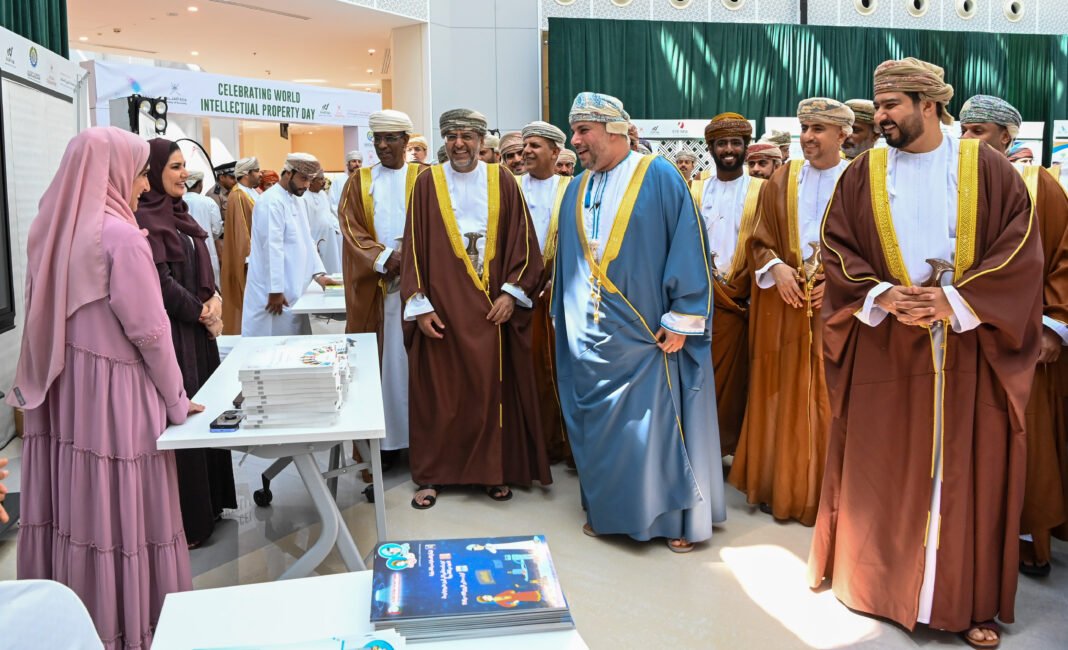Oman kicked off the Work Forum 2025 in Salalah with over 1,000 local and international participants. The event aims to reshape the country’s labour market while boosting the national skills economy.
Led by the Ministry of Labour, the forum creates a national space for open dialogue. Participants include top officials, business executives, academics, and experts from the region and beyond. Together, they are addressing the fast-evolving challenges of employment, automation, and digital transformation.
Over the multi-day programme, 33 research papers will highlight issues in the labour market. These studies will also offer solutions from around the globe. As a result, Oman can apply global knowledge to strengthen its own skills economy.
Moreover, the forum aligns with the vision of Oman 2040, which seeks to build a resilient, diversified economy. Speakers emphasized the urgent need for countries to collaborate. Labour markets everywhere face disruptions from new technologies, climate transitions, and shifting economic models.
According to Nasser bin Salim Al Hadhrami, Dhofar’s Director-General of Labour, Oman has already taken bold steps. He noted the country’s new labour law and social protection policy as key milestones. These reforms help bridge skill gaps and improve job quality.
In addition, Oman is rolling out integrated strategies in education, training, and regulation. This approach ensures that youth develop the right competencies for the future. By aligning public and private sector needs, Oman is preparing its people for the jobs of tomorrow.
Speaking at the forum, Mohamed bin Hassan Al Obaidli of the GCC Labour Council highlighted the rapid pace of change. Technologies like AI and green energy are reshaping industries at an unprecedented rate. Therefore, governments must rethink their workforce policies to stay competitive.
Furthermore, the Organisation of Islamic Cooperation called for greater solidarity. Its representative, Azar Bayramov, promoted capacity-building programmes across member states. One such training on occupational safety leadership is scheduled in Oman immediately after the forum.
Several major organizations support the event. These include the Oman Chamber of Commerce, labour unions, vocational colleges, and regional economic bodies. Their involvement reflects the forum’s national importance and broad reach.
Besides panel discussions and policy talks, the forum features exhibitions and roundtables. Students are showcasing innovation projects. Meanwhile, private-sector leaders are meeting with the Minister of Labour to shape future employment policy.
The Work Forum 2025 highlights Oman’s commitment to long-term labour reform. By investing in the skills economy, the country is positioning itself for a more competitive and inclusive future.





